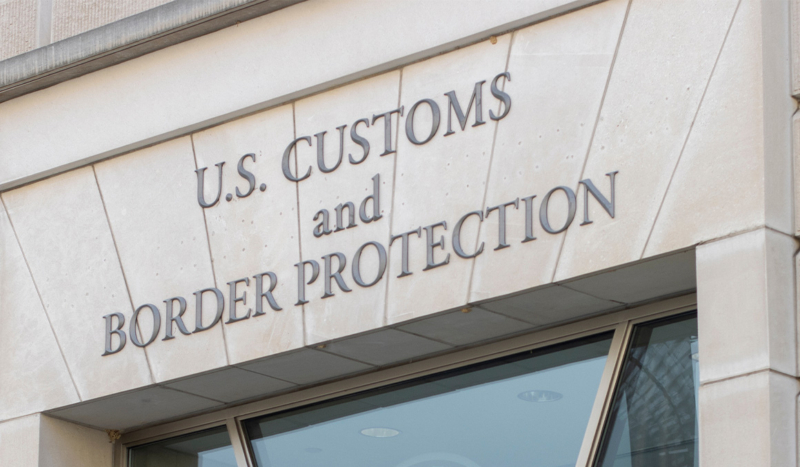
Tada Images / stock.adobe.com
Bishop Mark Seitz, chairman of the United States Conference of Catholic Bishops (USCCB) Committee on Migration, is applauding a bipartisan push for immigration reform, calling the latest version of the Dignity Act a vital step toward serving the common good.
Introduced earlier this month by Reps. María Elvira Salazar, R-Fla., and Veronica Escobar, D-Texas, the bill has drawn support from more than 20 House lawmakers, from both parties.
In a July 29 statement, Bishop Seitz, of El Paso, said the bill is a critical example of lawmakers working together to protect human dignity.
“Bipartisan collaboration is not only possible,” Bishop Seitz said, “it’s absolutely necessary.”
He pointed to Pope Leo XIV’s July 21 address urging political leaders to defend “the vulnerable and the marginalized” as part of their duty to promote the common good.
“Under our current system, families across our nation are living in fear,” Bishop Seitz continued. “Bipartisan proposals such as the Dignity Act are a step toward fulfilling the call made by our Holy Father to offer a better way forward — one that begins and ends with respect for the God-given dignity of every person.”
According to Salazar’s office, the Dignity Act aims to secure the border, update the asylum system, support American workers and industries, and offer a “dignified solution” for illegal immigrants.
Key provisions include nationwide mandatory E-Verify for all employers, construction of new border barriers with advanced surveillance technology, and an overhaul of the “catch-and-release” system.
The bill would also create Humanitarian Campuses at the southern border, speed up asylum processing, and establish a restitution-based program for illegal immigrants who have been in the US for more than five years.
The Dignity Program would allow certain illegal immigrants to work and apply for legal status if they meet strict conditions. They must obey all laws, pass a background check, and pay back taxes. They would also have to start paying income taxes and pay $7,000 in restitution over seven years. Participants must check in with the federal government every two years and stay in good standing.

